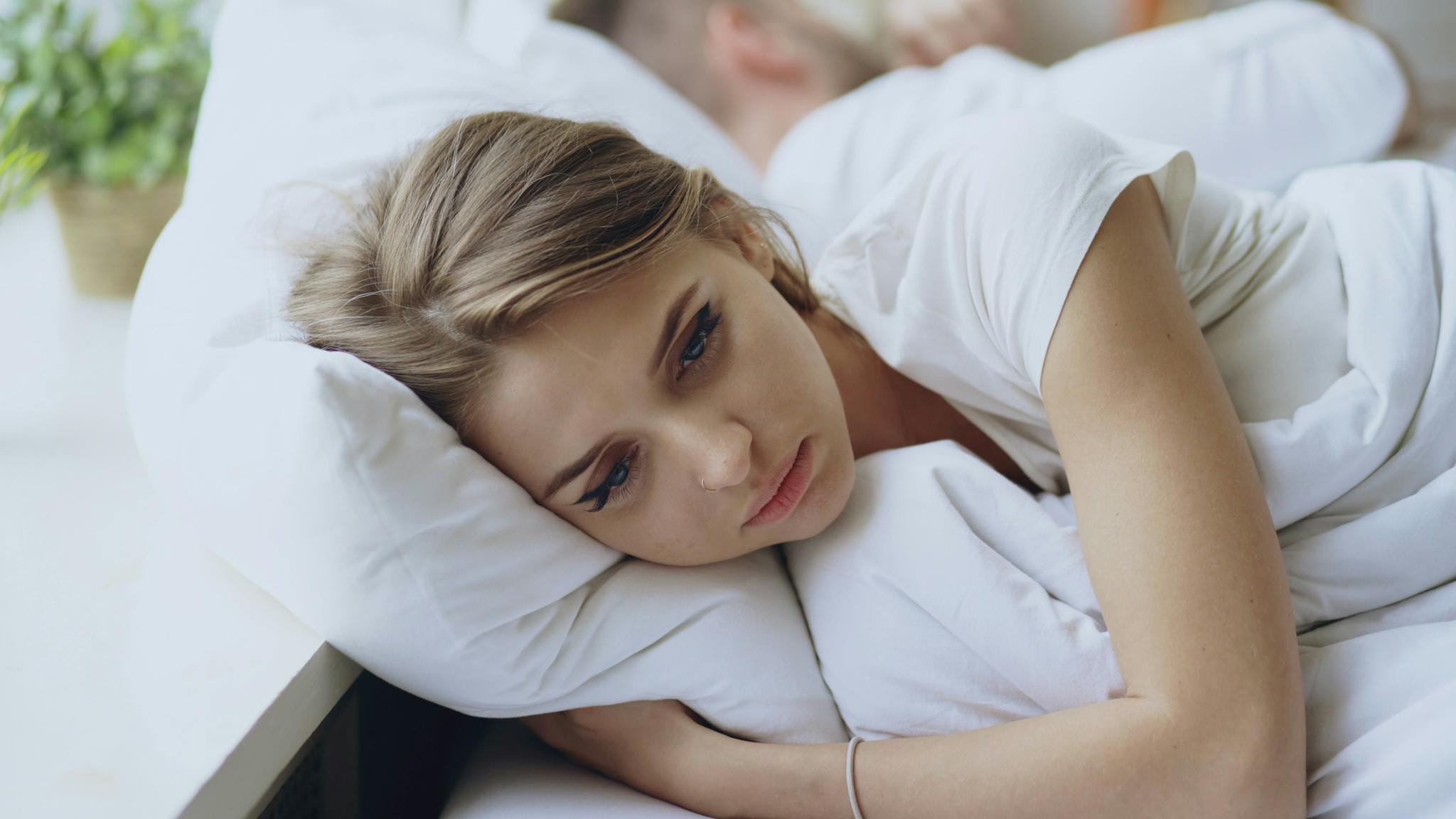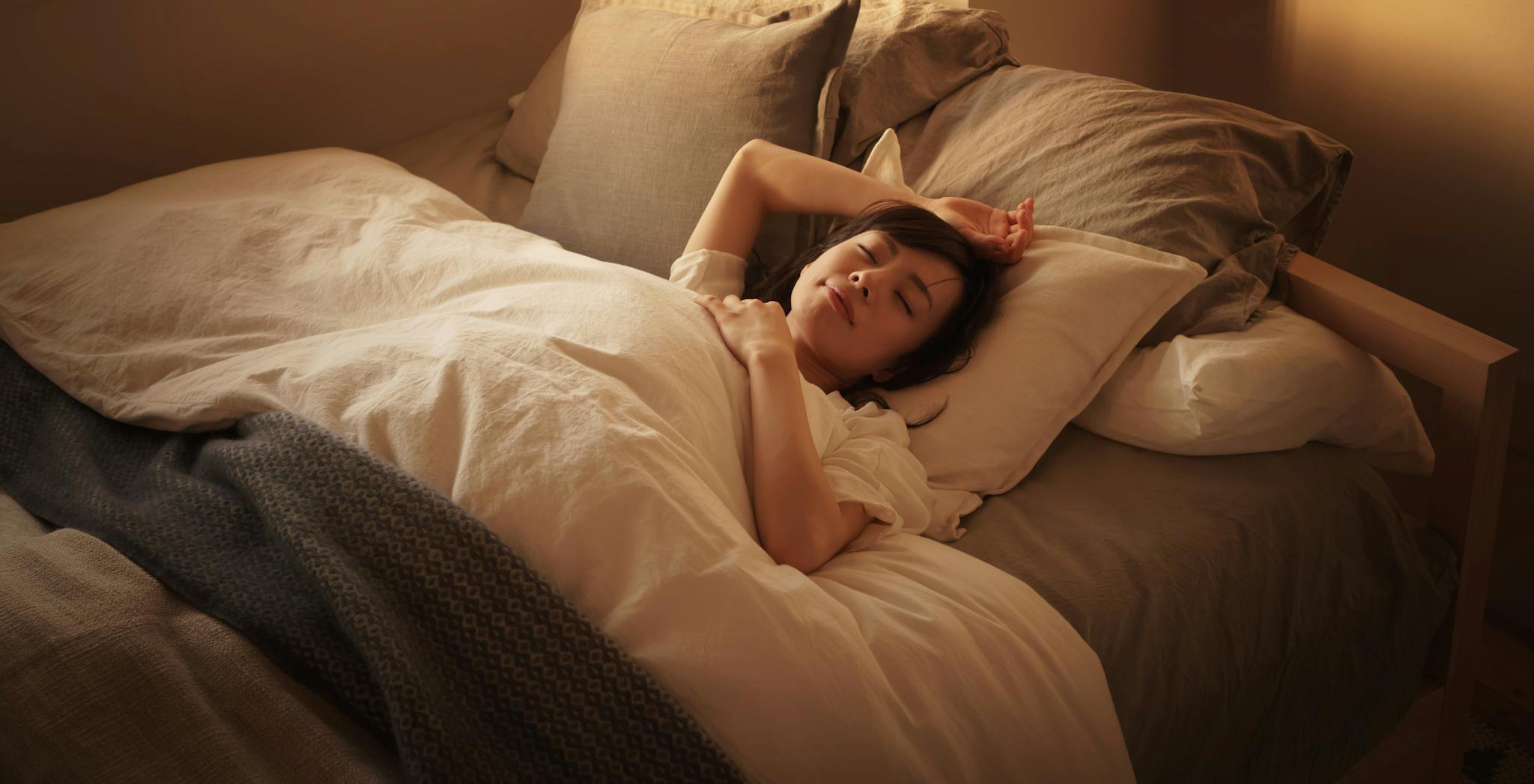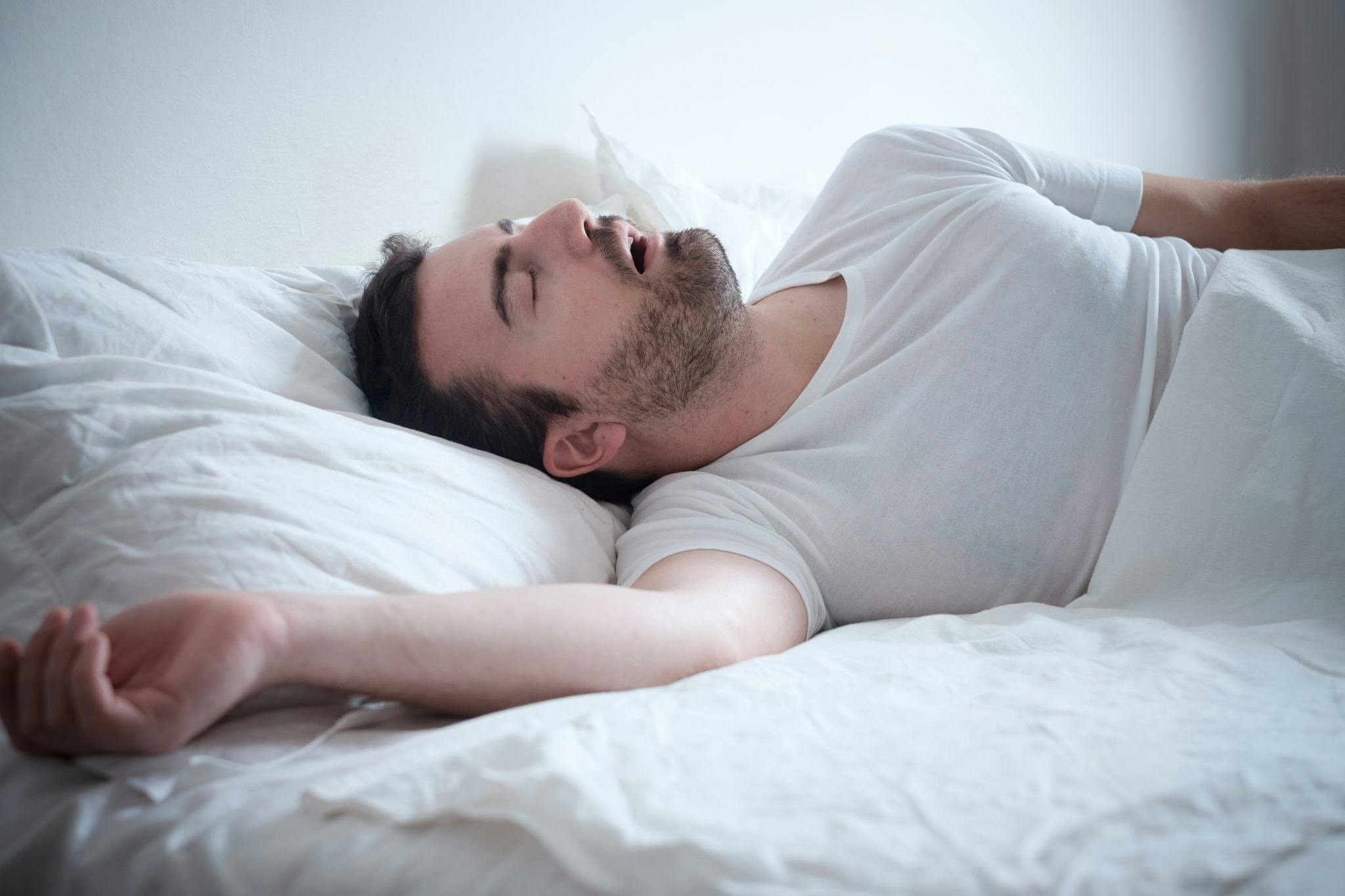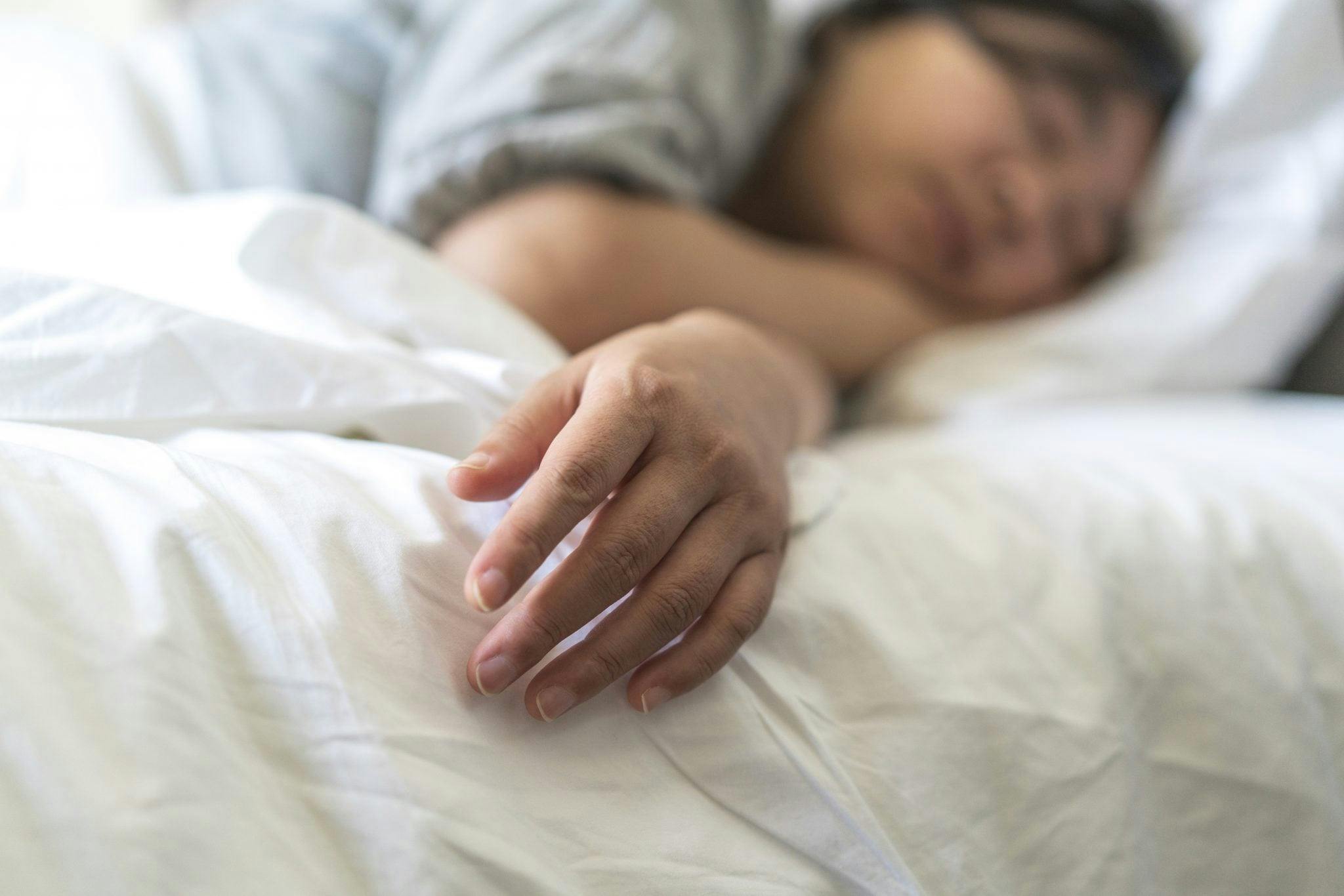
2023-05-03T09:45:20
Sleep apnea linked to degenerative brain diseases
- Sleep Medicine
July 31, 2019 | Sleep Medicine

Tossing, turning, wide awake at 3 in the morning. If this sounds like your sleep experience recently, you may be considering the use of sleep aids. Sleep aids come in many different forms and can be a powerful option for helping you fall asleep. However, it is important to understand how each sleep aid works to discover what will be the most helpful for you.
Prescription sleep aids are classified as sedative-hypnotics. While some medications induce sleep and others help you stay asleep, these medications work by slowing down the nervous system. Generally, these prescriptions sleep aids are prescribed only to those with insomnia.
Orexin Receptor Antagonists
This is one of the most recent classes of insomnia drugs approved by the FDA. This prescription works by slowing the activity of the chemical orexin in the brain. Orexin keeps people awake and alert. Orexin receptor antagonists also target a localized area of the brain, which means it may have fewer side effects than other sleep aids.
Benzodiazepines
Benzodiazepines work by slowing the activity in the brain. This helps people fall asleep more quickly and stay asleep. This prescription is helpful and effective short-term but can have long-term side effects, such as reducing the amount of time you are in a deep sleep and building a tolerance that may require increased doses over time.
Non-Benzodiazepine Hypnotics
Non-benzodiazepine hypnotics work similarly to benzodiazepines. This medication still slows the activity in the brain, making it easier to fall asleep, but it affects a smaller portion of the brain. Although this prescription has fewer side effects than benzodiazepines, it is still known to affect memory loss and next-day fatigue.
All prescription sleeping pills have side effects. Common side effects include drowsiness the next day, headache, muscle aches, constipation, dry mouth, trouble concentrating, dizziness, unsteadiness, drug tolerance and dependence, withdrawal symptoms and rebound insomnia (insomnia returning after stopping use of the prescription).
Many over-the-counter (OTC) sleep aids rely on antihistamines, the main ingredient in many allergy medicines, to help you feel drowsy and eventually fall asleep. The two most common antihistamines found in sleep aids are diphenhydramine and doxylamine. You can find out if the sleep aid you are taking has these by looking at the ingredients on the back of the bottle.
It is important to note that the sedating properties of antihistamine-based sleep aids can last well into the next day. It is important to take them only when you are planning on getting eight or more hours of sleep. You should also avoid using machinery or driving while using these sleep aids. Additionally, although these OTC sleep aids may provide temporary relief, they are not recommended for long-term use. If you have been using them for more than two weeks and are still having issues falling asleep, it may be time to meet with a doctor.
Two of the most commonly used natural supplements for sleep are melatonin and valerian root.
Your body naturally produces melatonin, controlling your sleep-wake cycle. Unlike other sleep medications, melatonin is unlikely to cause dependency, a diminished response after repeated use or a hangover effect.
Valerian root is also a natural sleep aid. Valerian root comes from a tall, flowering grassland plant, and many people claim it can help relax the body, regulate your sleep cycle and improve sleep quality.
Remember that “natural” doesn’t always mean safe. Consult your doctor before taking supplements for sleep.
Some people have trouble falling or staying asleep because of the noises around them. White noise machines help block out loud and jarring interruptions, such as car alarms, noisy parties or your partner snoring, plus they can help you relax. They create a consistent sound, which means that sudden noises are less likely to wake you up.
Sleep is an important part of staying healthy. If you have tried these methods and are still having problems sleeping, contact your primary care provider. He or she can refer you to a sleep center if necessary.
Sources:
“Key Ingredients In Over-the-Counter Sleep Aids.” National Sleep Foundation.
https://www.sleepfoundation.org/articles/key-ingredients-over-counter-sleep-aids
“Sleeping Pills and Natural Sleep Aids.” Help Guide.
https://www.helpguide.org/articles/sleep/sleeping-pills-and-natural-sleep-aids.htm
“Trouble sleeping? Experts say skip antihistamines.” Baylor College of Medicine.
https://www.bcm.edu/news/sleep-disorders/experts-warn-against-antihistmaines-sleep-aid
“A Quick Guide to Common Prescription Sleep Aids.” National Sleep Foundation.
https://www.sleepfoundation.org/articles/quick-guide-common-prescription-sleep-aids

WRITTEN BY:
The Live Better Team

2023-05-03T09:45:20

2019-05-14T09:35:08

2018-09-29T12:00:15

2018-09-28T12:30:07
This information is not intended to replace the advice of a medical professional. You should always consult your doctor before making decisions about your health.